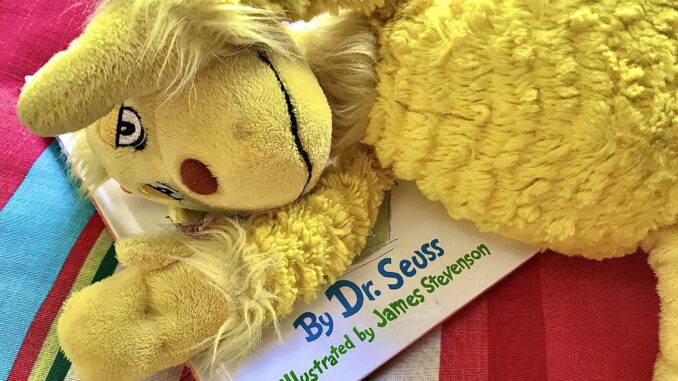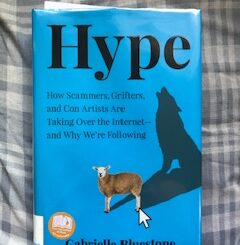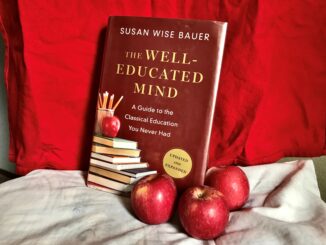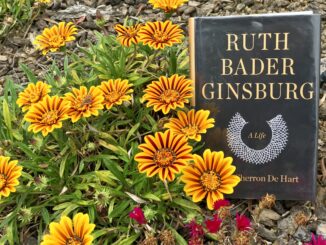
Acutely aware of the power of books to teach tolerance or racism, publishers and authors face ostracism for racially insensitive content—a form of cancel culture.
On March 2, to mark the birthday of famed US children’s author/illustrator Theodor Seuss Geisel or Dr. Seuss, his company announced that they will no longer publish six of his books after a 2019 study* of 50 books said they depicted Blacks, East Asians, and Middle Easterns in exotic, stereotypical, and subservient ways. Oh, it’s sexist too.
The Shelved books are:
1. And to Think That I Saw It on Mulberry Street (1937)
2. McElligot’s Pool (1947)
3. If I Ran the Zoo (1950)
4. Scrambled Eggs Super! (1953)
5. On Beyond Zebra (1955)
6. The Cat’s Quizzer (1976)
“Children’s books provide impressions and messages that can last a lifetime, and shape how children see and understand themselves, their homes, communities, and world (Santora). A long history of research shows that text accompanied with imagery, such as books with pictures, shapes children’s racial attitudes,” wrote the study’s authors Ishizuka & Stephens.
Dr Seuss would be 117 and his age shows. Giesel has previously been criticized for his earlier racist works as a political cartoonist and ad artist.
While his characters were mostly invented creatures, his drawings of non-whites can be construed as racial: Asians had squinty eyes, conical hats, with chopsticks; the Middle Easterns had turbans or rode camels; and some blacks were drawn like monkeys.
Notably absent from the banned list is the iconic “The Cat in the Hat” (1957), Seuss’ second bestselling book ever, and its sequel in 1958. Both were maligned in the study as The Cat was modeled after a black woman and the drawing was characterized as black face.
What about the good ones? The study also attacked two popularly viewed anti-racist books.
Seuss devotees allege that “Horton Hears a Who!” (1954) was his apology for his anti-Japanese propaganda during the war. But the study says it depicts the White Savior Industrial Complex.
While “The Sneetches” (1961) has been hailed as anti-semitic, then in 2018 it was used as an anti-racist book. But the study disagrees.
“When children’s books center Whiteness, erase people of color and other oppressed groups, or present people of color in stereotypical, dehumanizing, or subordinate ways, they both ingrain and reinforce internalized racism and White supremacy.” (Ishizuka & Stephens)
Times have changed. That’s why my favorite Seuss book is “I am NOT Going to Get Up Today!” (1987)
@IvyDigest
————————
* The Cat is Out of the Bag: Orientalism, Anti-Blackness, and White
Supremacy in Dr. Seuss’s Children’s Books by Katie Ishizuka & Ramón Stephens (2019)
IG link: https://www.instagram.com/p/CL-2GUlLVEu/



